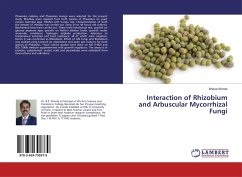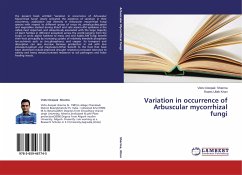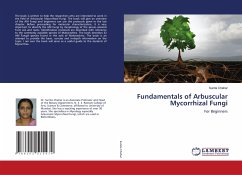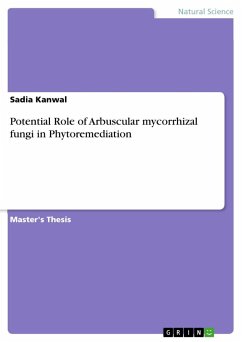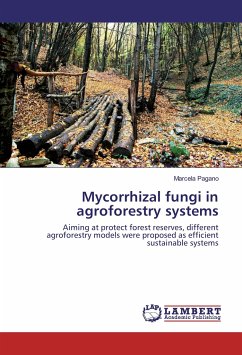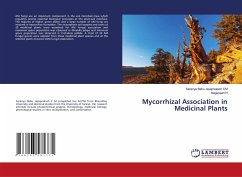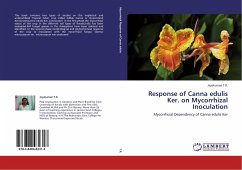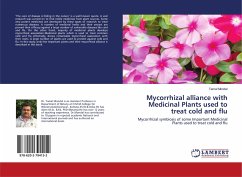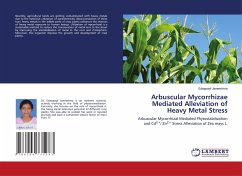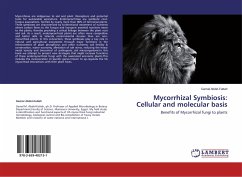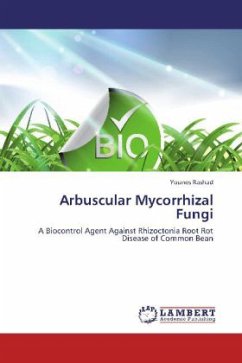
Arbuscular Mycorrhizal Fungi
A Biocontrol Agent Against Rhizoctonia Root Rot Disease of Common Bean
Versandkostenfrei!
Versandfertig in 6-10 Tagen
39,99 €
inkl. MwSt.

PAYBACK Punkte
20 °P sammeln!
Rhizoctonia root rot disease- caused by Rhizoctonia solani - is a serious and economically important disease for common bean production in most of the tropical, subtropical and temperate areas of the world where it is grown. Yield losses of 5 to 10% are common, but 60% yield losses have been reported in Brazil. Health concerns and environmental hazards associated with the use of chemical pesticides have resulted in an increasing interest in biological control as a promising alternative or a supplemental way of reducing the use of agro-chemicals. The suggested option here to overcome this probl...
Rhizoctonia root rot disease- caused by Rhizoctonia solani - is a serious and economically important disease for common bean production in most of the tropical, subtropical and temperate areas of the world where it is grown. Yield losses of 5 to 10% are common, but 60% yield losses have been reported in Brazil. Health concerns and environmental hazards associated with the use of chemical pesticides have resulted in an increasing interest in biological control as a promising alternative or a supplemental way of reducing the use of agro-chemicals. The suggested option here to overcome this problem is the biological control using arbuscular mycorrhizal (AM) fungi. The AM symbiosis is a mutualistic association formed between plants and fungi. Members of more than 80% of vascular plant families are capable of forming the AM symbiosis. One of the most important impacts of AM symbiosis on the plant is its role in disease control. The present work was planned to investigate the biological control activity of AM fungi as an effective, inexpensive and safe option to control Rhizoctonia root rot disease of common bean plant instead of the chemical fungicide. The book will be of a great value



